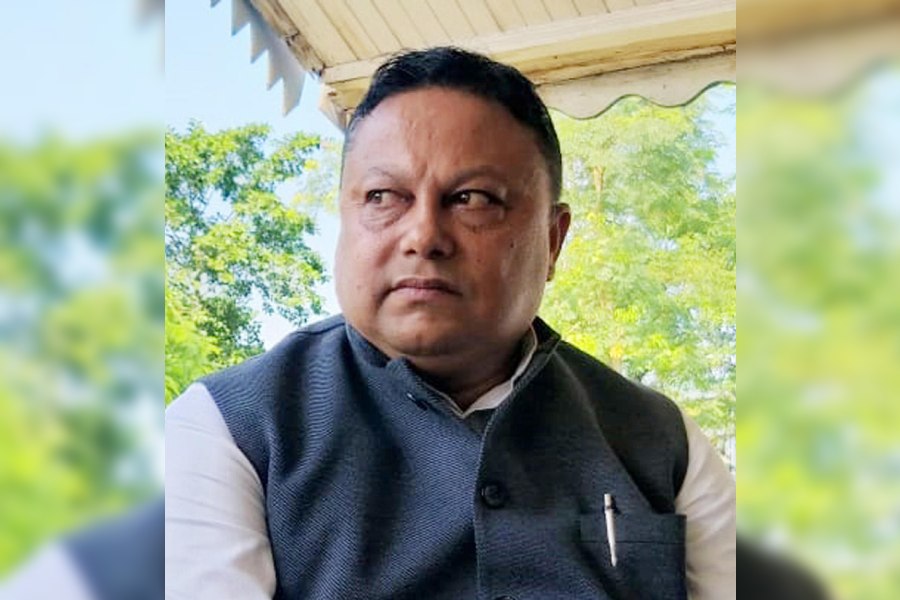The Gorkhaland Territorial Administration (GTA) has requested the Bengal government to make Nepali a mandatory subject for recruitment for various posts in gram panchayats and panchayat samitis in the Darjeeling hills.
Sources said GTA chief executive Anit Thapa had made the plea in a letter written to Pradip Kumar Mazumdar, the minister in charge of panchayat and rural development department.
“.... I would like to emphasize the importance of incorporating Nepali as a compulsory subject for recruitment against various vacancies/posts in Gram Panchayat and Gram Samity within the G.T.A. administered areas,” read Thapa’s letter.
Elections to gram panchayats and panchayat samitis were held in areas under the jurisdiction of the GTA recently after 22 years. Thapa’s Bharatiya Gorkha Prajatantrik Morcha has swept the polls.
Sources said a number of vacancies needed to be filled up as panchayat samitis had been defunct after the Darjeeling Gorkha Hill Council (DGHC) was formed in 1988.
“Since these rural bodies mainly deal with the local population, the GTA’s demand for making Nepali compulsory is justified,” said an observer.
In fact, the GTA has been given a toe-hold in the recruitment of employees to gram panchayats and panchayat samitis in the hills.
On August 28, the state government appointed the GTA principal secretary as the chairman of the District Level Selection Committee (DLSC) for panchayats in the hills.
In the rest of Bengal, district magistrates are the chairpersons of such committees. The district magistrates in the GTA areas have been appointed as the vice-chairperson of the committees.
The DLSC has been formed to recruit staff to rural bodies.
A retired bureaucrat said: “Since the state government had recognised Nepali as the official language of the hills in 1961, the demand for making Nepali compulsory for recruitment in rural bodies does have a merit.”
Retired officials also pointed out that the written and spoken knowledge of Bengali was mandatory for people to be appointed to various posts in the rest of Bengal.
“This logic also justifies the demand in the hills where Nepali is spoken and understood by almost the entire population,” said the observer.
Nepali is also recognised in the Eighth Schedule of the Indian Constitution.










